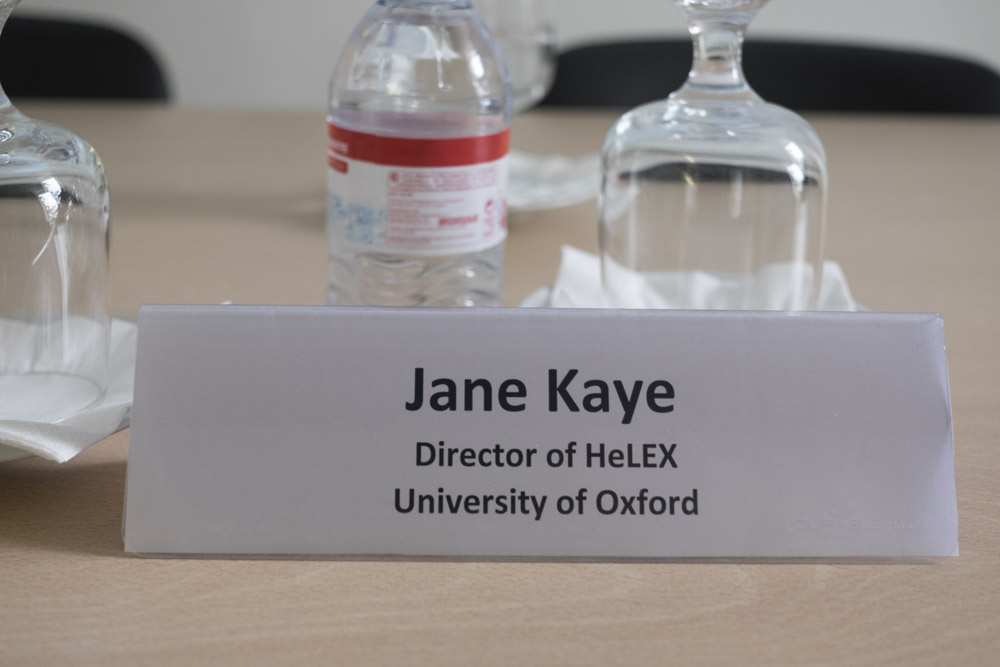Jane Kaye from Oxford was speaking on the 15th Oct 2014 in Coimbra during the ChipMe meeting about the question “How to cope withe unexpected – incidental findings”.
The talk basically refers to a new EJHG paper dealing with UK10K issues. The UK10K research project
is looking at 10,000 UK genome sequences, accessing the role of rare genetic variants in health and disease. As a research program it cannot follow clinical diagnostic standards even when including long-standing cohorts like ALSPAC. Pertinent findings relate to diseases being studied, the recognized benefit of research and established management pathways for validation and communication.
What are incidental findings? This is a finding of an individual research participant that has a potential health or reproductive importance. It is discovered in the course of conducting research but is beyond the aims of the study. But why is this an issue? There are so many more detailed and comprehensive datasets out there, many of them with implications for health and disease.
And of course this changes the social attitudes to personal information. Is it morally wrong not to return that information? It may help again to separate different domains – research norms and expectations but clinical relevant data that require further diagnostic and therapeutic measurements. The participant at least has to explicitly consent for the feedback of that specific class of information. Findings should be truly clinically significant – high validity, state of the art knowledge (whatever expert is being involved).
For the researcher there is no obligation to search for potential significant variations but to set up at least a management system how to deal with that information — depicted on a four-level scheme from A. Discovery, B. Initial contact, C. Validation, and D. feedback. All information should be returned by a healthcare professional.
I think this is a very rational approach although there are many open questions. A participant from the plenum asked – when does a research project end, with the end of the funding period? And what is state of the art in genomic medicine? Opinion voiced in a single research paper, some vague expert opinion, or any computer algorithm?
